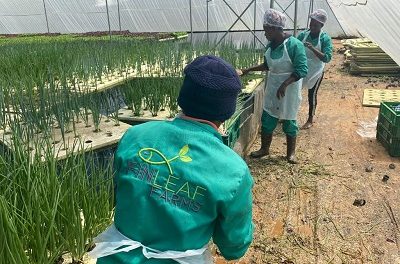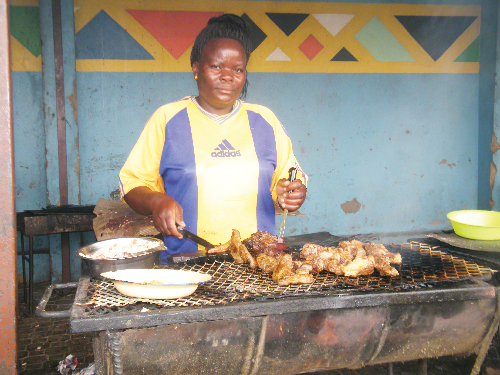
Unpacking the impact of Covid-19 on the economy

By Ruusa Nandago
FirstRand Namibia Economist.
After the first outbreak was reported in December 2019, the World Health Organisation officially characterised Covid-19 as a pandemic on 11 March 2020.
This pandemic is a crisis like no other, and there was a substantial degree of uncertainty around its impacts on lives and livelihoods. Governments across the world essentially had to navigate the crisis with a blindfold on, implementing lockdowns and containment measures of varying degrees without any indication of their effectiveness. The economic and market data that has since been released shows that these measures have had devastating and far reaching effects and have pushed most economies into recession.
The local economy contracted by 11.1% y/y in the second quarter as a result of the pandemic induced lockdown measures – the largest contraction on record. There was major disruption to economic activity as all but 3 sectors declined during this period, with the Hotels and Restaurants sector the hardest hit. The slowdown in the economy is also reflected in the labour market, where widespread job losses were reported during the same period as the pandemic dealt a blow to businesses. The second quarter saw 5748 retrenchments being recorded as companies either closed or engaged in right sizing to cut costs at a time were revenue was falling.
As a result of job losses, wage cuts and uncertainty around future income, spending in the economy has taken a hit. Inflation reached a 15-year low of 1.6% in April where much of the strictest level of lockdown was implemented. While inflation has since increased to 2.4% in August, it remains far below its historical trend.
The reason for is that the demand for goods and services by consumers is weak, making it difficult for retailers to pass on price increases to consumers. This stress at the consumer level is reflected in vehicle sales, house prices and wholesale retail trade which have contracted by 26.6%, 2.7% and 22.5% respectively.
The Bank of Namibia has cut the repo rate by a total of 275bps to 3.75% this year as part of its commitment to support the economy. These rates are the lowest they have been since 2001. Despite these low rates, however, credit extended to the private sector remains low suggesting that low rates have done little to spur economic activity. The latest private sector credit extension figures show that total credit extended grew by only 2.6% as corporate credit uptake growth remains low at 0.4%, while that of households was recorded at 4.3%.
While lockdown measures across the world have been significantly eased, much uncertainty remains about the future path of the pandemic and the resurgence of its spread.
Given that the Namibian economy entered the Covid-19 period in an already weak position, it will take some time for economies to make up lost ground. Even after the pandemic has been contained the private sector may react by increasing savings and trying to rebuild lost wealth, resulting in a slow recovery of consumption and investment and by implication economic growth.












































